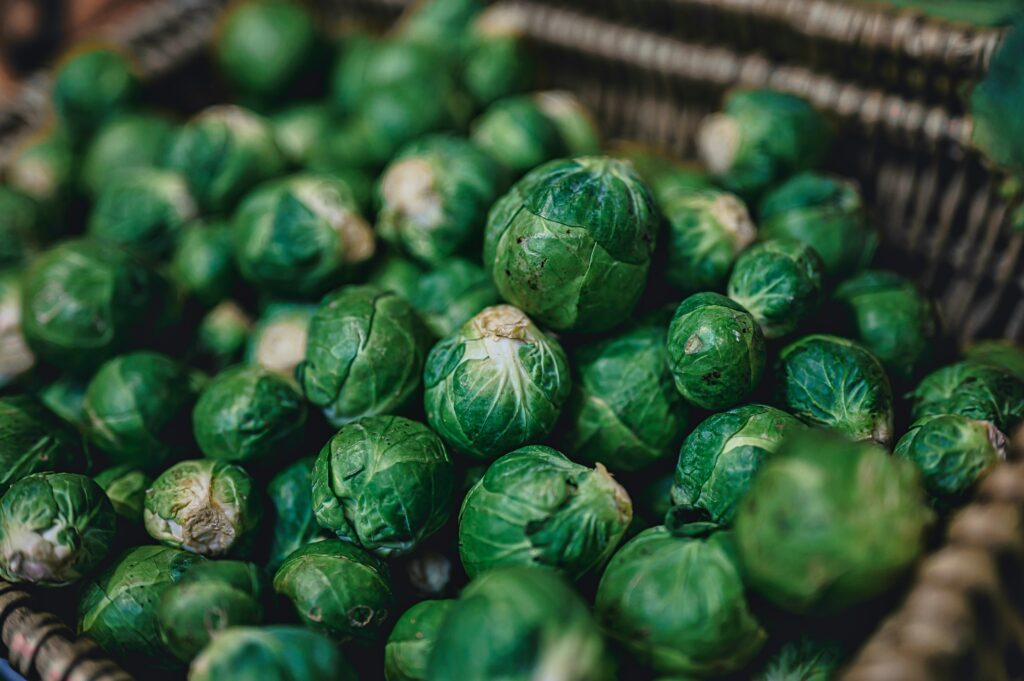Another persistent piece of odd reasoning about global warming is that although world food production has been soaring for decades, agriculture is about to collapse due to climate change. Plants will wither and die or, if not, they will become less nutritious and taste nasty. So they’ll turn into health food, we are tempted to add. But Heather Exner-Pirot of the Macdonald-Laurier Institute has finally shown a strong and important connection between climate change and hunger. Unfortunately it’s that government climate policies undertaken in an economically and scientifically illiterate panic are driving up the cost of crucial inputs to our food production system like, what’s that stuff called, oh yeah, fuel. And fertilizer.
As Exner-Pirot notes, a major exogenous shock to agriculture is Russia’s invasion of Ukraine. And one reason why is that, somewhat surprisingly, “Russia and Ukraine account for about 30 per cent of the world’s wheat exports.” (Partly because of the obscene amount of American farmland used to grow corn for subsidized, environmentally dubious ethanol.) And more surprisingly, “Together, they account for about 40 per cent of potash exports, an important crop nutrient. Russia is also a significant exporter of ammonia and urea, which are used in the production of nitrogen-based fertilizers.” And you can’t blame climate change for those shortages, not the phenomenon or the policy response. But making energy expensive is very bad for human beings.
For instance, if you don’t spend a lot of time thinking about fertilizer, and if you’re not a farmer or in the business you might well not, you probably didn’t know that despite not containing any nitrogen, “Natural gas is a common feedstock, or production material, for nitrogen-based fertilizers, and prices began climbing in September.” And it gets worse, because “By November, prices for nitrogen-based fertilizers were hitting all time highs. With diesel costs also sky-high, and supply chain bottlenecks still impacting machinery costs and availability, the per-acre production costs for many farmers are expected to double this year. And things have only gone downhill from there.”
As the article also notes, “the global energy crisis impacts just about everything humans need. According to Bloomberg, energy costs will surpass 13 per cent of global GDP this year — the highest proportion in modern times. By comparison, it was less than four per cent of global GDP in 2020, and 6.5 per cent in 2021.” And on the subject of attempting to think rationally even about climate, we again point out that there is no logical reason why even if something is necessary to save us from global heating it can’t have bad side effects.
It is singularly childish reasoning to insist that all good things lie along one path in public policy, or in life, and all bad things lie along the other. We concede that a surprising number of policy choices have almost exclusively bad impacts, except for the people paid to implement them. But even the best ones involve trade-offs. So for alarmists to deny the obvious, including that dramatically increasing the cost of our main current sources of energy will make food less abundant and more expensive, doesn’t help their cause or that of sensible discussion and decision-making.
Indeed, as Exner-Pilot adds, “Because over 80 per cent of global primary energy demand is met by coal, oil and natural gas, the costs of developing low-carbon sources – the labour, raw materials, manufacturing and transportation costs needed to implement a transition – have also risen.” So even if you support that “transition” (and think it’s a real thing not just a word some intellectuals like to say), “Low energy prices are fundamental to human development, global stability and our capacity to transition to non-fossil fuel sources of energy. Political leaders have been willing to sacrifice energy affordability in service of other policy goals. If we do not re-prioritize it, we will compound the climate crisis with avoidable humanitarian crises.”
Which would be a very foolish way to try to save humans from themselves.


